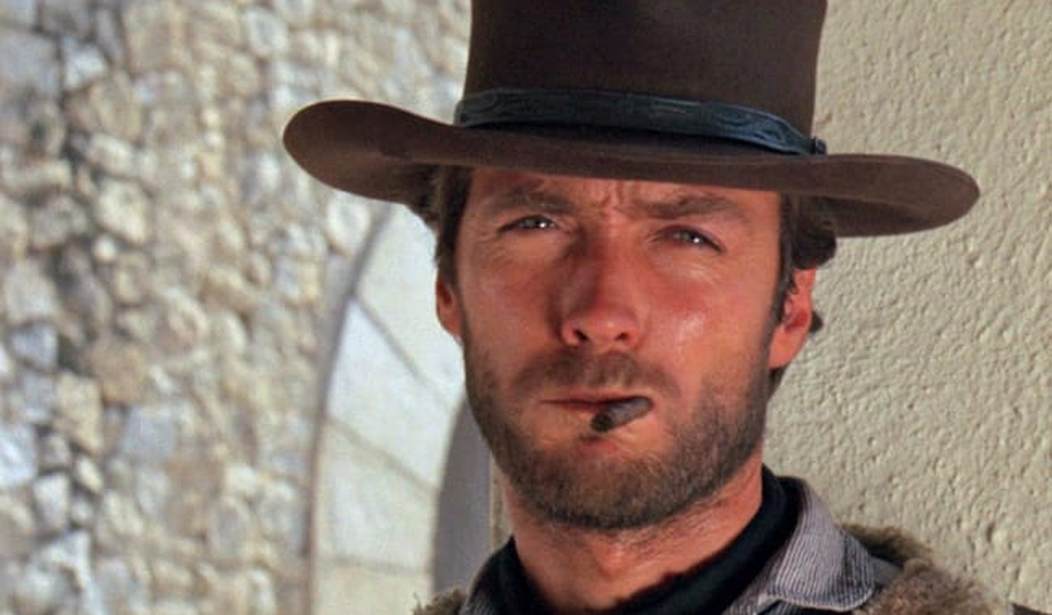No matter how you feel about Donald Trump, his candidacy has certainly brought gender issues to the forefront of the presidential race: witness his feud-turned-lovefest with Megyn Kelly.
Gender was already a hot topic elsewhere throughout American culture. Narratives about America’s changing sexual landscape — the so-called campus “rape culture,” the rise of women and the “end of men,” the tired conversation about the gender pay gap — were common.
However, one issue in particular is now more visible due in part to something Trump represents to his supporters, something the culture has lost: the manly man.
In “The stark difference between millennial men and their dads,” Washington Post writer Danielle Paquette writes that young men do not identify “with the brand of masculinity” their fathers or grandfathers did. After all, men today are no longer the sole breadwinners, and now “reject a socially prescribed set of characteristics.” To support her argument, Paquette points to a recent YouGov poll that highlights the decline of traditional masculinity.
This development is usually framed as positive, as though it’s obvious to anyone that depleting the world of masculinity denotes social progress. Paquette’s article takes this approach — yet at the same time, she concedes that the feminization of America has “drained” men of their self-esteem.
One commenter agreed, suggesting millennial men “have been systematically neutered.” Another commenter, a 28-year old gay man, lamented of his age group:
[Men] just don’t seem like … real men.
How did men go from cigar-smoking, carnivorous hunters to metrosexuals who don clothing designed for women? The answer is obvious: feminism. In the name of equality, women have been conditioned to become like men; men were shamed into becoming like women.
The feminization of America has serious ramifications — though not all Americans would agree that the fallout is negative.
In April, the Public Religion Research Institute (PRRI) asked Americans if society is becoming “too soft and feminine” — by “society” they obviously meant “men,” as women surely aren’t headed in a “soft and feminine” direction — and 42% of Americans agreed. Fifty-three percent disagreed. Interestingly, there was virtually no disparity when it comes to race or educational status.
There was a sharp distinction, however, among Republicans and Democrats.
Trump has — perhaps inadvertently, perhaps not — tapped into something deeply divisive.
Overall, 60% of Republicans feel society has become too “soft and feminine,” compared to a mere 29% of Democrats. (Independents were at the mean, with 43%.) But Trump supporters led the charge, with a whopping 74% of men and 59% of women agreeing that society is — unlike Trump — too mushy.
To be clear, Donald Trump is not, or shouldn’t be, the standard-bearer for healthy masculinity. Masculinity has nothing to do with being crass, insulting, and childish.
Nevertheless, Trump’s candidacy has knocked over a legitimate hornet’s nest. What does it mean to be a man in America today? Naturally, the answer will differ depending on whom you ask. Another male commenter on Paquette’s article explained it this way:
Being a guy means you get educated, get a job, get married and make babies, go to church, support your family, and when you’re done with all of that, you retire to a house on a lake somewhere and enjoy visits with the grandkids. That’s life.
Whether you like this definition or not, for most of human history it was considered a reasonable analysis of what it means to be a man.
How is it that this American generation seems to think it’s either possible or desirable to change that?









Join the conversation as a VIP Member